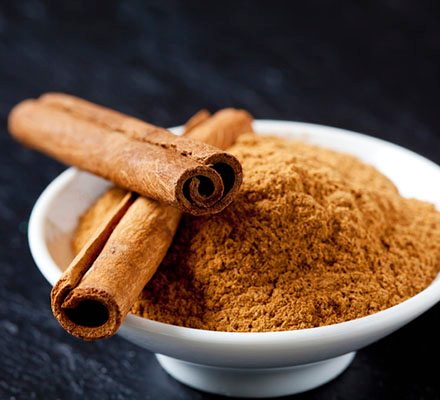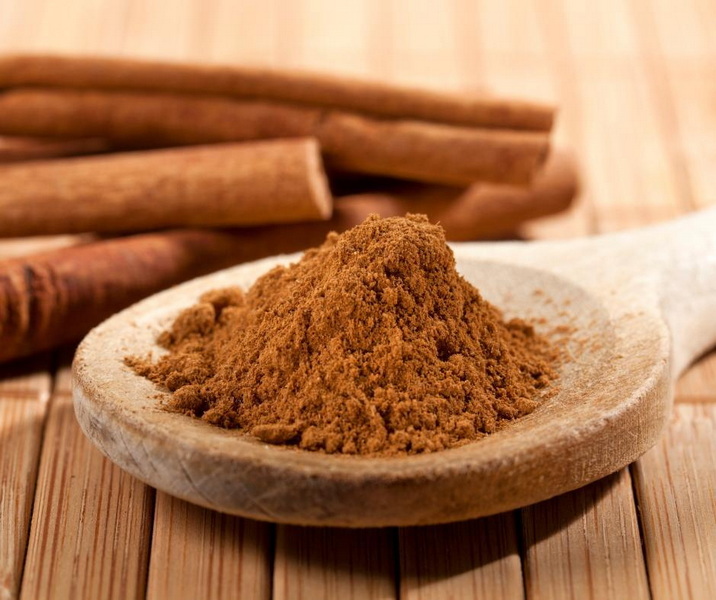Content Menu
● Introduction to Cinnamon Bark Extract
>> Cinnamon Bark Harvesting Process
● Health Benefits of Cinnamon Bark Extract
>> Blood Sugar Management
>> Anti-Inflammatory Properties
>> Digestive Health
>> Antimicrobial Effects
>> Cancer Prevention
>> Cardiovascular Health
● Types of Cinnamon
>> Ceylon vs. Cassia Cinnamon
● How to Use Cinnamon Bark Extract
>> Cinnamon Tea
>> Cinnamon Supplements
>> Culinary Uses
● Potential Side Effects
>> Interactions with Medications
● Conclusion
● FAQs
>> 1. What are the primary health benefits of cinnamon bark extract?
>> 2. How do I choose between Ceylon and Cassia cinnamon?
>> 3. Can cinnamon bark extract help with weight loss?
>> 4. Is cinnamon bark extract safe for everyone?
>> 5. How do I incorporate cinnamon bark extract into my diet?
● Citations:
Cinnamon bark extract, derived from the bark of the cinnamon tree (Cinnamomum zeylanicum or Cinnamomum cassia), is renowned for its diverse health benefits and culinary uses. This article delves into the advantages of cinnamon bark extract, exploring its potential in managing blood sugar levels, reducing inflammation, and more.

Introduction to Cinnamon Bark Extract
Cinnamon bark is harvested from the cinnamon tree, primarily in regions like Sri Lanka and India. The extraction process involves drying and rolling the bark into the familiar cinnamon sticks or grinding it into powder. Cinnamon bark extract is concentrated and often used in supplements for its health benefits.
Cinnamon Bark Harvesting Process
The harvesting of cinnamon bark is a labor-intensive process that involves hand-peeling the bark from the tree branches. This traditional method has been practiced for centuries and is essential for maintaining the quality and aroma of cinnamon.
Health Benefits of Cinnamon Bark Extract
Cinnamon bark extract is rich in antioxidants and has been studied for its potential health benefits, including:
Blood Sugar Management
Cinnamon bark extract is known for its role in improving insulin sensitivity and glucose uptake in the body. Studies suggest that it can help manage blood sugar levels, making it beneficial for individuals with type 2 diabetes. The active compounds in cinnamon, such as cinnamaldehyde, are believed to enhance the body's ability to use insulin more effectively.
Anti-Inflammatory Properties
Cinnamon contains compounds like cinnamaldehyde, which have anti-inflammatory properties. These properties can help reduce inflammation, which is linked to chronic conditions such as heart disease and arthritis. By reducing inflammation, cinnamon may help alleviate symptoms associated with these conditions.
Digestive Health
Cinnamon has been traditionally used to aid digestion and relieve symptoms of irritable bowel syndrome (IBS). It may help reduce bloating and improve bowel movements by relaxing the muscles in the digestive tract.
Antimicrobial Effects
Cinnamon bark extract has antimicrobial properties, which can help combat bacterial and fungal infections. It has been tested against pathogens like E. coli and Salmonella, showing promising results in inhibiting their growth.
Cancer Prevention
Some studies suggest that cinnamon may have anticancer properties by inhibiting the growth of cancer cells and reducing angiogenesis. While more research is needed, these findings indicate potential benefits in cancer prevention.
Cardiovascular Health
Cinnamon may also contribute to cardiovascular health by lowering cholesterol levels and improving blood lipid profiles. This can help reduce the risk of heart disease and stroke.

Types of Cinnamon
There are two main types of cinnamon: Ceylon cinnamon (Cinnamomum zeylanicum) and Cassia cinnamon (Cinnamomum cassia). Ceylon cinnamon is considered superior due to its lower coumarin content and is often more expensive.
Ceylon vs. Cassia Cinnamon
- Ceylon Cinnamon: Native to Sri Lanka, it has a lighter color and a more delicate flavor. It is less likely to cause liver damage due to its lower coumarin content.
- Cassia Cinnamon: Commonly found in supermarkets, it has a darker color and a stronger flavor. It contains higher levels of coumarin, which can be toxic in large doses.
How to Use Cinnamon Bark Extract
Cinnamon bark extract can be used in various forms, including capsules, teas, and as an addition to meals.
Cinnamon Tea
Cinnamon tea is a popular way to consume cinnamon bark extract. It involves steeping cinnamon sticks or powder in hot water.
Recipe: Cinnamon Tea
1. Boil water in a pot.
2. Add 1 teaspoon of cinnamon powder or a cinnamon stick.
3. Let it steep for 5-10 minutes.
4. Strain and drink.
Cinnamon Supplements
Cinnamon supplements are available in capsule form and can be taken daily to support health benefits. However, it's essential to consult with a healthcare provider before starting any supplement regimen to ensure safe usage.
Culinary Uses
Cinnamon is a versatile spice used in both sweet and savory dishes. It adds flavor to baked goods, desserts, and beverages like hot chocolate and coffee. In savory dishes, it pairs well with meats and vegetables, enhancing the aroma and taste.
Potential Side Effects
While cinnamon bark extract is generally safe, high doses can cause side effects due to its coumarin content. It is crucial to consume it in moderation and avoid excessive intake, especially for individuals with liver issues or allergies.
Interactions with Medications
Cinnamon may interact with certain medications, such as blood thinners and diabetes medications. It's important to consult with a healthcare provider if you are taking any prescription drugs.
Conclusion
Cinnamon bark extract offers a range of health benefits, from improving blood sugar control to reducing inflammation. Its versatility in culinary and medicinal applications makes it a valuable addition to a healthy lifestyle. However, it's important to choose high-quality extracts and consume them responsibly.

FAQs
1. What are the primary health benefits of cinnamon bark extract?
Cinnamon bark extract is primarily beneficial for managing blood sugar levels, reducing inflammation, and aiding digestion. It also has antimicrobial and potential anticancer properties.
2. How do I choose between Ceylon and Cassia cinnamon?
Ceylon cinnamon is preferred due to its lower coumarin content and milder flavor. Cassia cinnamon is stronger but may pose health risks due to higher coumarin levels.
3. Can cinnamon bark extract help with weight loss?
While cinnamon may aid in metabolism and fat management, there is limited evidence supporting its direct role in significant weight loss. It can be part of a broader weight management strategy that includes diet and exercise.
4. Is cinnamon bark extract safe for everyone?
Cinnamon bark extract is generally safe but should be consumed in moderation. High doses can cause side effects, especially in individuals with liver issues or allergies. Pregnant women and breastfeeding mothers should consult with a healthcare provider before using it.
5. How do I incorporate cinnamon bark extract into my diet?
You can add cinnamon powder to meals, make cinnamon tea, or take cinnamon supplements after consulting with a healthcare provider. It's essential to start with small amounts to monitor tolerance and adjust as needed.
Citations:
[1] https://www.rxlist.com/supplements/cinnamon_bark.htm
[2] https://www.youtube.com/watch?v=HLkDTq6GTRE
[3] https://drvegan.com/pages/ceylon-cinnamon-bark-extract-cinnamomum-zeylanicum
[4] https://www.webmd.com/diet/supplement-guide-cinnamon
[5] https://www.youtube.com/watch?v=bDoaPIKT_Xg
[6] https://pubmed.ncbi.nlm.nih.gov/16990960/
[7] https://www.webmd.com/diet/health-benefits-ceylon-cinnamon
[8] https://www.istockphoto.com/videos/cinnamon-bark
[9] https://pmc.ncbi.nlm.nih.gov/articles/PMC4003790/






























